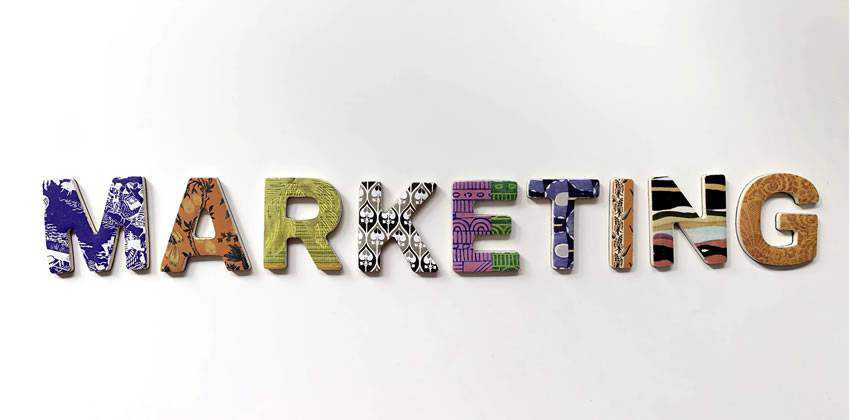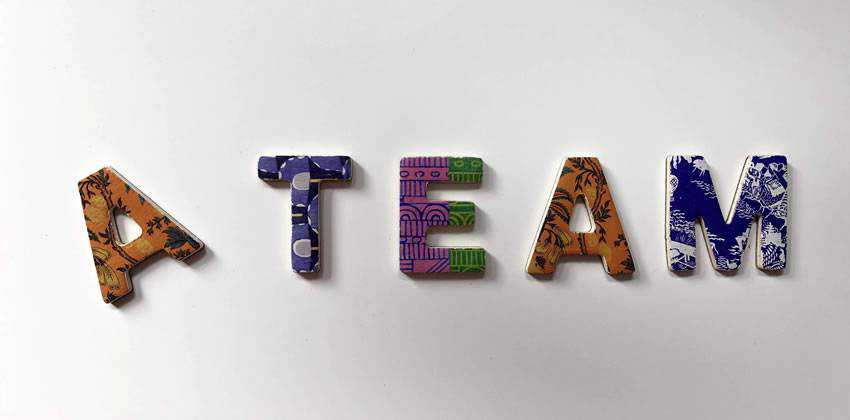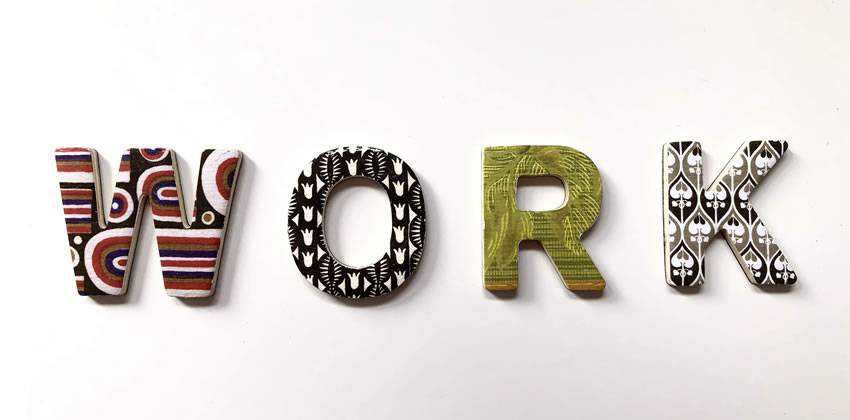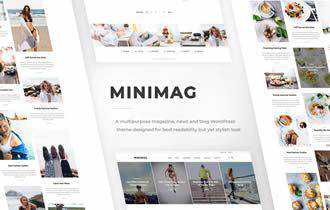Everyone knows that education is the best investment a designer can make to further his or her career. But what does that mean, exactly? Should you go back to school (or attend for the first time)? Should you find a mentor or study the greats repeatedly until you perfect your craft?
Perhaps you should do these things… and perhaps not.
Today, we explore specific ways to further educate yourself as a designer, and apply what you learn immediately to becoming better at what you do, as well as being more desirable to clients.
Marketing and The Unhappy Freelancer
Let me start off with a story about a person I know. This person is a freelance designer who really wanted to get more quality business. His work was quite good, and he worked hard for his clients, but he was struggling with attracting the kinds of people he really wanted to work with. His clients were the lower-end type, always giving him problems when it came to payment and deciding exactly what they wanted him to design for them.
This designer could have benefited greatly from learning how to properly market his services. There is definitely a right way to reach out to top clients, and there is a wrong way, and making an effort to learn the difference can make an enormous difference in your success as a freelancer.
Market yourself and your work the wrong way enough times and you can do real damage to your potential to earn more and attract better clients.
Learning your niche – knowing the ins and outs of your client base as well as the customers they serve – is the best way to tailor your marketing efforts for maximum effectiveness.

Get A Design Mentor
Mentors can teach you a lot about design, and can help you greatly improve your craft. But they can also provide a critical look into the industry from a veteran’s perspective, something you’re not likely to have if you’ve been working for less than a certain number of years.
Personally, I believe every designer should seek out a mentor – there are tons of experienced designers out there who would love the chance to help guide and foster a future industry rock star. Making time to reach out to people who can help you often costs nothing, yet it’s one of the most important things you can do to grow your career.
The problem is that younger designers often don’t ask to be mentored, believing that more experienced designers are too busy to help them. Nothing could be further from the truth. First of all, you need to know one thing about designers who have reached a certain level of renown: they love it when people give them compliments and ask them stimulating questions about their craft. Especially younger designers.
Try it – email 10 of your favorite design “celebrities” and think of a few short but intriguing questions to ask them. The worst that can happen is that they say no, but if your questions are good enough, they almost certainly won’t.

Test, Then Invest
Sometimes you might have to invest a lot more money, time, or resources into learning something than you initially thought.
If you hate networking, for example, and know you will have to expend a lot of time, money, and energy going to networking events and building relationships with people in the design industry, you may question whether or not you genuinely need to make that investment and expand your network.
Sometimes, you don’t need to make a significant investment to achieve a goal. If you honestly feel that you can get by without making a particular investment, then test this assumption before going any further. This is an excellent way to learn what works and what doesn’t, both in your design work and in the promoting of your freelance business.
In fact, this is my absolute favorite way to learn anything related to my own design career. Research and mentors are great, but in the end, you must test each and every piece of advice you get from your sources. If it doesn’t work on a practical level, there’s no reason to keep playing the guessing game.

In Conclusion
Your design education doesn’t end with college or university. It starts there.
The acquisition of knowledge to further your career is a lifelong pursuit, if you’re doing it correctly. Remember that education, in whatever form it comes, is never a waste of time, money, or effort. When you don’t invest in your own education, you are losing a game you may not even realize you’re playing.
Your competition is certainly busy investing in themselves, and will come out ahead if you aren’t right there with them, putting in the time, money, and energy to improve your edge and win over clients.
The post Why You Should Further Educate Yourself as a Designer appeared first on Speckyboy Design Magazine.






